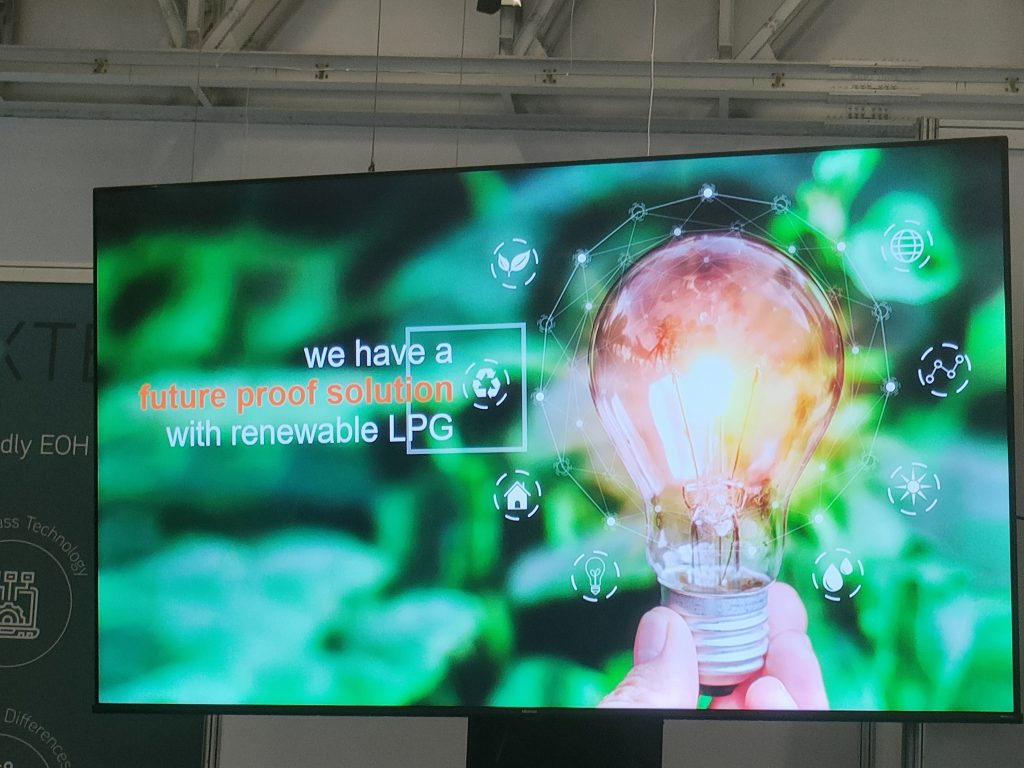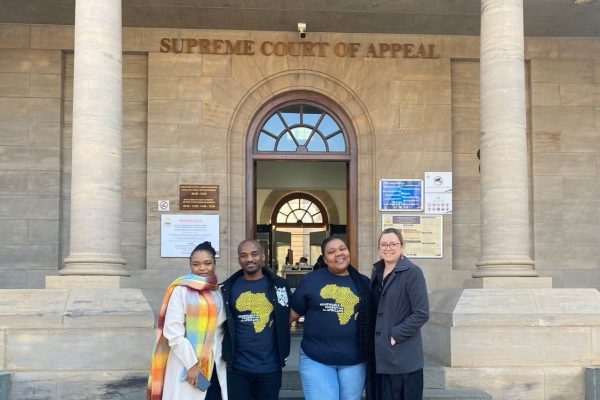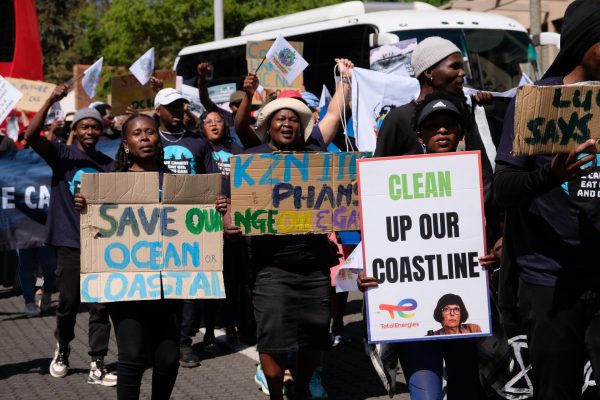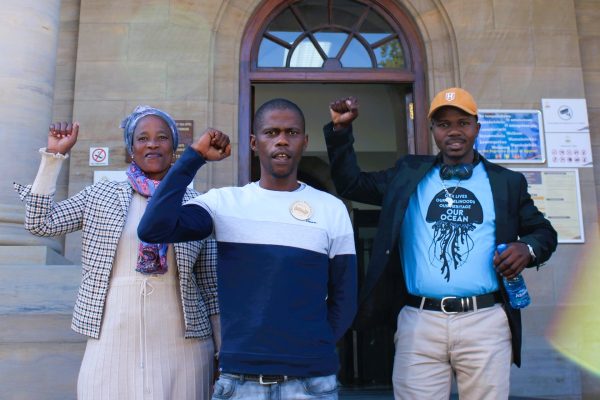From 7 to 8 March 2023, Lauren Nel, the Just Energy Transition Africa (JETA) coordinator for Natural Justice, attended the Africa Energy Indaba Exhibition, in cape Town, and on 9 March 2023 attended the Africa Gas Forum. The purpose of attending was to collect information on trends and plans regarding energy development and access across Africa, which will inform the JETA work of Natural Justice. This includes understanding what trends are being pushed by private and public sectors at the continental level.
The Africa Energy Indaba focused on African power suppliers, renewable and alternative energies, oil and gas, legal and regulatory frameworks, and investment opportunities in the energy sector. Lauren attended the exhibition and accompanying presentations that were held. The presentations included: Togo and its energy transition, South Africa’s options for a path to net zero by 2050, investing to ensure energy security supply in South Africa, nuclear energy as an effective solution for South Africa and the role of LPGSA in Africa’s energy transition. There was also mention of “renewable gas”.

At the Africa Gas Forum discussions were held on: innovative financing for gas development, green hydrogen being a viable option for Africa, can Africa achieve “net zero” by 2050 while capitalising on gas reserves as a transitionary fuel for energy security, what is the trade-off between beneficiation of gas locally to support Africa’s energy transition and developing a robust gas pipeline network to address Southern Africa’s gas infrastructure challenges and opportunities.
Of note was a keynote address by Brieuc Posnic, the European Commission, on the war in Ukraine and what are the perspectives for African Gas. The address encouraged that African countries should export their gas supplies to Europe.
Two of the main topics discussed throughout the Africa Energy Indaba and the Africa Gas Forum were discussions around how to create access to energy, clean cooking in Africa and development for economies through energy. Though there was a mix of fossil fuels and renewable energy, gas and nuclear were being pushed as the most viable solutions to energy access issues on the Continent. Gas was also mentioned as a safer, cleaner option for cooking instead of biomass.
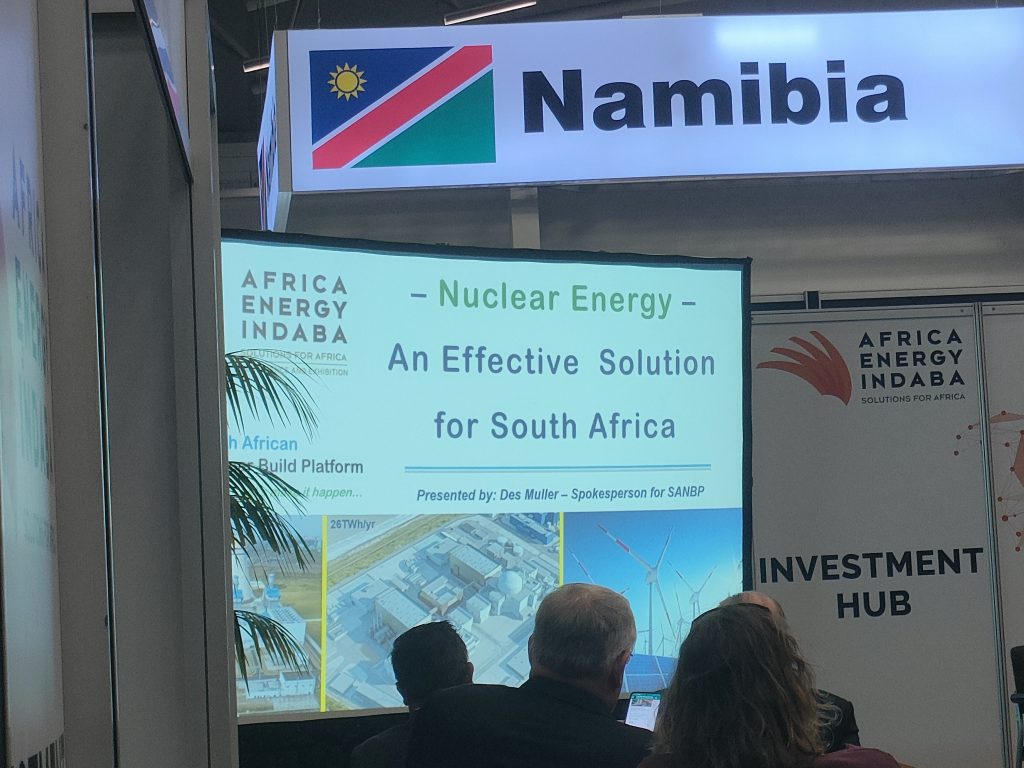
Natural Justice’s JETA initiative
The JETA Initiative is in full support of bringing access to energy, clean cooking in Africa and development of economies to communities and indigenous people. However, this can only be done through a just energy transition by moving away from fossil fuels (coal, oil and gas) and moving towards renewable energy. This shift should include respect of communities’ land rights and community beneficiation.
At the Africa Energy Indaba there was an attack on renewable energy as “the wind does not always blow, and the sun does not always shine”. This may be true, but with technology and strategic placement of renewable energy, this is not an issue*. Furthermore, the reality is in the future that these gas projects will become stranded assets and leave African countries with debts that cannot be paid as the demand for gas will cease.
The JETA Initiative seeks to work with various legal networks across Africa to support communities, civil society and legal empowerment programmes to prevent further fossil fuel projects; activities and infrastructure, advocate for reform in the clean and renewable energy regulatory area and create a repository of information on just energy transitions for communities; governments; regional bodies and the private sector.
Most importantly the JETA Initiative wants to advance a new discourse in Africa with African voices on energy that benefits the environment, communities, and indigenous people.
*Certain options exist: Increase and diversify the renewable energy sources, implement demand-response programmes, implement different pricing systems, backup power systems. We can also use different types of renewable energy and in different areas of a country. Battery technology is constantly improving while prices are decreasing, and batteries can be used for peak times.

